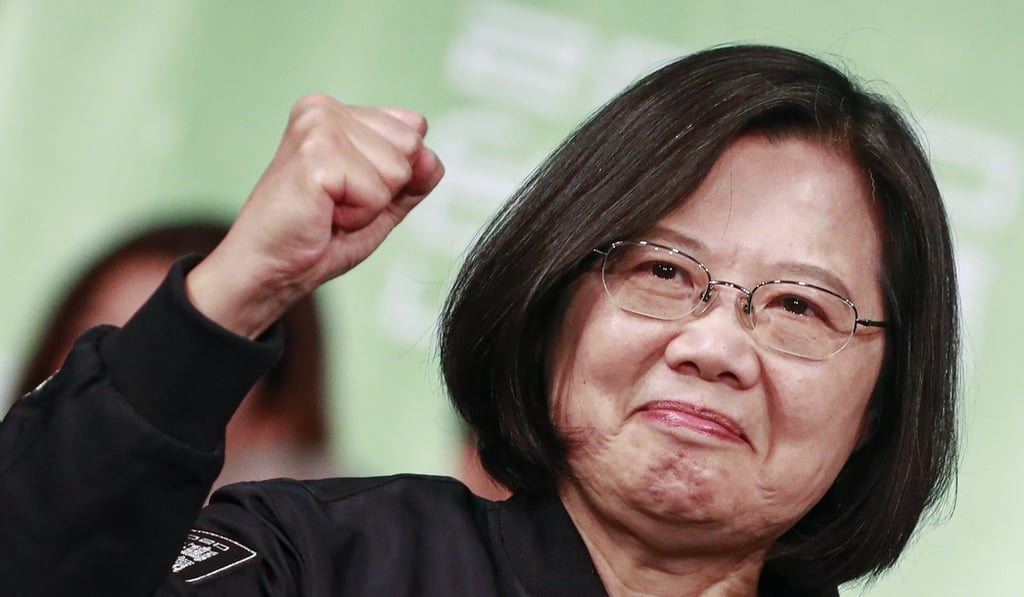Sino File | Taiwan election: Hong Kong won it, Beijing lost it
- Beijing’s pressure on Taipei gave the Democratic Progressive Party a boost in the polls, on its way to a landslide victory over the Kuomintang
- The vote also reflects the people’s views on the relationships between Washington, Beijing and Taipei under the presidencies of Trump, Xi and Tsai

In the past six presidential elections, voters have gone back and forth between the independence-leaning green camp led by the DPP and the Beijing-friendly blue camp led by KMT.
Tsai and the DPP suffered a crushing defeat in the November 2018 local elections, largely due to a flagging economy and unpopular domestic policies, while Han won a resounding victory in Kaohsiung, a DPP stronghold, largely on a platform of economic improvement. Han promised to maintain closer ties with Beijing to bring in more capital, tourists and other economic benefits. Tsai used her political capital on pension and labour reforms, and spearheading a socially progressive agenda to pass a controversial law legalising same-sex marriage.

In practice, the midterm local elections often set the tone for the presidential and legislative elections. In 2018, pundits saw little chance of Tsai winning a second term, as her popularity rating fell to a low of 24.3 per cent.

